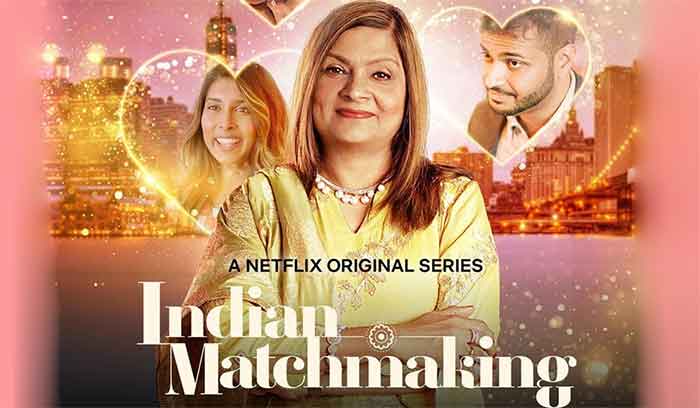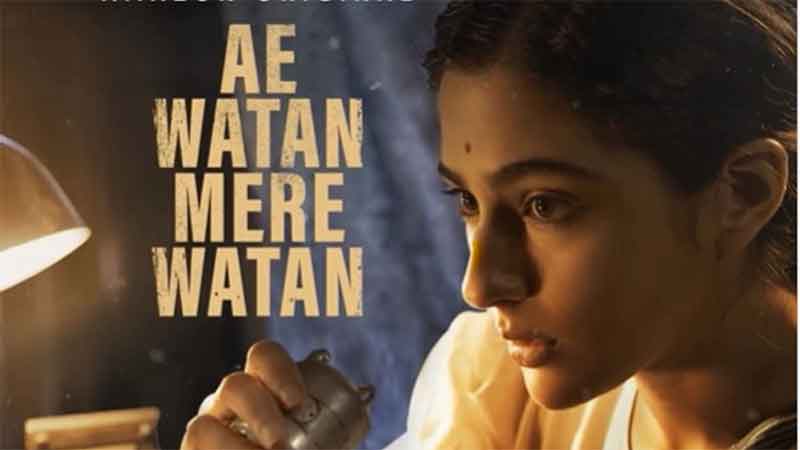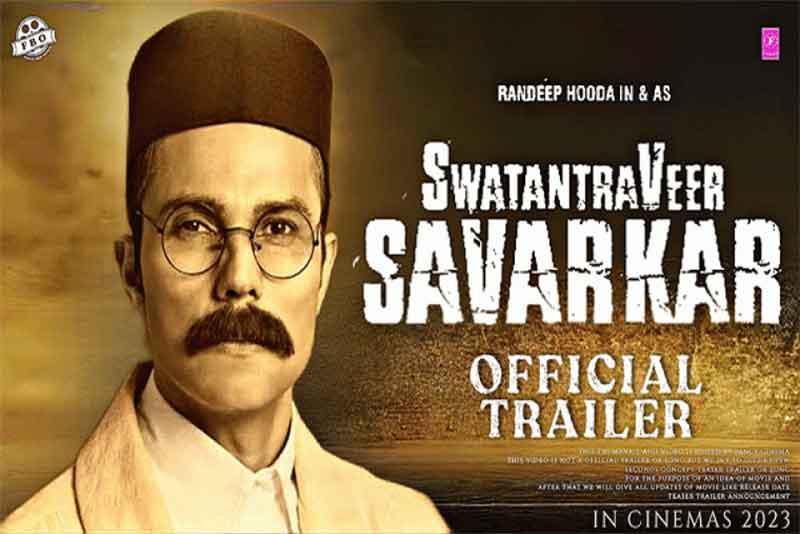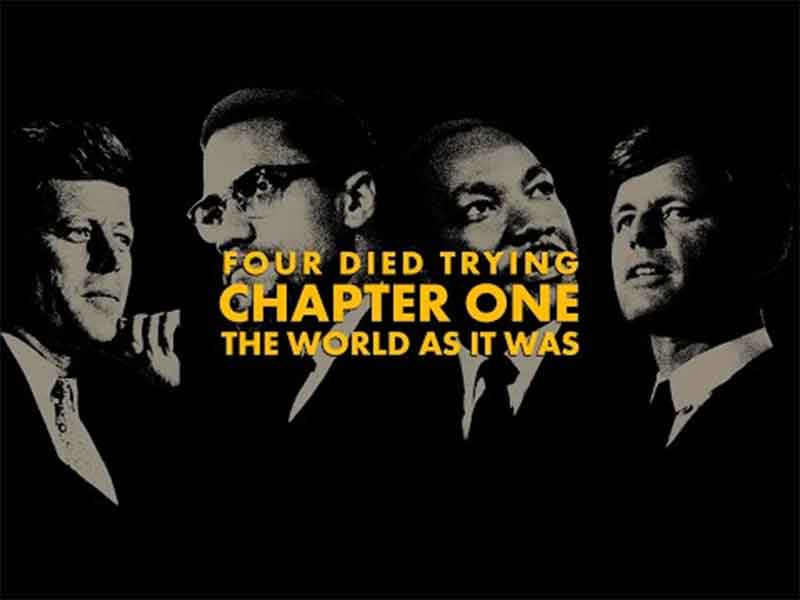
Netflix’s recently released web television series ‘Indian Matchmaking’ is whistleblowing a lot to the West. In its trailer, the real-life elite matchmaker Sima Taparia herself list some well-known facts about the Indian marriages:
- In India, the marriages, they are between two families. So the parents guide their children, and that is the work of a matchmaker.
- Matchmaking has become a tough job.
- Marriage efforts are meaningless if the stars are not aligned (referring to horoscope).
But there is an intriguing side to the Indian family and marriage as an institution that a foreigner who is new to the ‘Incredible India’ will find to be too badly incredible.
Indian Parents- the real kingpins
Unmarriageability noun
- (in India in the present) the practice of not marrying outside one’s caste
- refers to the caste-based endogamous practice
- a form of discrimination widely considered as a custom within the Indian society
The stigma of Unmarriageability defined above could not be found in any of the dictionaries but could be spotted in all its vigour among the Indian population. To understand better, how the Indian parents guide their children in the matters of inter-caste marriage need to be talked about.
In India, an inter-caste marriage in which either the girl or the boy belongs to the lower caste, if occurs with the support and consent of the parents of the girl as well as the boy, then the marriage can be considered as the pathway to the annihilation of the stigma of unmarriageability. Is the consent from the parents alone in favour of such inter-caste marriages enough to alter the Indian society? Analysing how the Indian marriages are decided will provide the answer to this question.
Within the Indian society, an individual alone does not decide who should be her/his life partner. The marriage affair of the individual, in fact, is looked after by her/his family. Indian marriages are family affairs. The term ‘arranged marriage’ indicates the pivotal role played by the family within Indian society.
But who in the family plays the prominent role? This question has to be answered keeping in mind the social change that happened to the Indian families- the transition from joint families to the nuclear families. In a joint family, apart from the parents of an individual whose marriage is being arranged, the other elders of the family also have a say in deciding the marriage alliance. In a nuclear family, the parents have a greater say. The family being patriarchal in both the cases, the male members have a stronger say. Also, whatever kind the family is, the likes of the individual to be married is duly considered.
In such a setup, when an individual belonging to an upper caste likes a person who is labelled as an out-caste and she expresses her desire to marry that person, naturally, she has to face the resistance from her family. The members of the family whom she has to persuade to obtain the consent for her marriage are the ones who alone can spearhead the annihilation of the stigma of unmarriageability. Unfortunately, it is the notional solidarity of such members, present in every caste Indian family, who collectively reaffirm the stigma of Unmarriageability as a custom.
Well, who are the kingpins that the girl has to persuade? It is the elders of the family. Not the siblings, but her father and mother. When she gets her parents convinced even her caste community doubts its prerogative of condemnation against such inter-caste marriages. The community might bark but cannot roar. Even if it barks, it can bark only like those lonely mongrels we see in the streets. No one will care for the cry it makes. For sure, the deviant girl will not care. Those kith and kin who dissent to her marriage could be pacified through her parents. The parents become effective pacifiers. In fact, they are.
But in reality, when the girl fails to obtain the consent from her parents in accepting a lower caste individual as their son-in-law, how the situation turns? Her parents’ disapproval provides the authority for her caste community to roar. It roars with the passion for its caste men, to prevent an out-caste joining with them. Even if the girl convinces some of her kith and kin, the effort is fruitless. In fact, her attempt to convince them itself becomes impossible when her parents are the dissenters. Dishonour killings are the best examples. Behind every Dishonour killing, the dissent of the parents is the impetus. What provides the authority for Khap Panchayats to sanction murders and social ostracization is the parents’ disapproval in allowing their children going for inter-caste marriages. This is how the Indian parents guide their children.
Hence, with regard to the inter-caste marriages, parents merely are not a part of the society. In fact, they are the greater society who can remove the stigma of Unmarriageability serving as the pernicious dogma of the caste system. Their consent alone in favour of the inter-caste marriages will not alter the Indian society. But it is potent enough to weaken all the caste forces that come in the way of removing the stigma of Unmarriageability.
Will the matchmaker like Sima Taparia commit to resist the stigma of Unmarriageability oozing out from her clients? I do not know. But what I know is the unprogressive trait of the Indians in the caste matters. Strange but true. By the way, Netflix could consider this as the pitch to their next series on Indian matchmaking. A worthy way to perform the penance.
A.B.Karl Marx Siddharthar is the Author of ‘UNCASTE’ subtitled as ‘Understanding Unmarriageability: The Way Forward To Annihilate Caste’. The Book is available worldwide and the author’s email id is [email protected].
SIGN UP FOR COUNTERCURRENTS DAILY NEWSLETTER















































